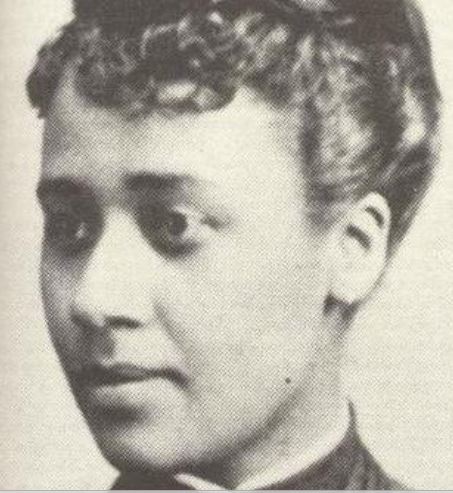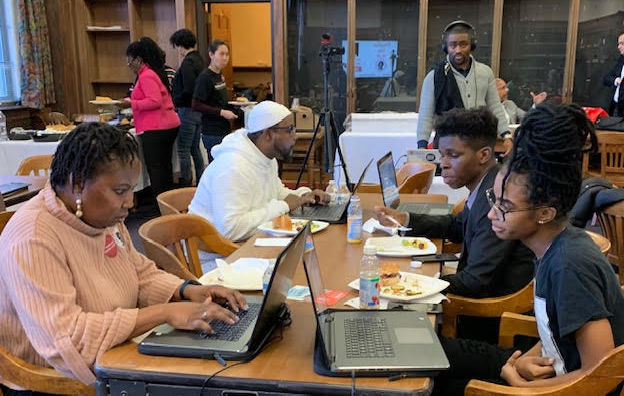[ad_1]
By Donna Lewis Johnson
Special to the AFRO
Raise your hand if you’ve heard of Douglass Day or know who Anna Julia Cooper was. Chances are your hand is down, but on Feb. 14, Howard University’s Moorland-Spingarn Research Center, in partnership with a collective of institutions and organizations, gave the overlooked day and the remarkable figure in Black history recognition in an event filled with tributes, cake and music.
This is a “celebration of radical Black love,” said Denise Burgher, chair of the Colored Conventions Project (CCP), a co-host of the event. “We think about who came before us, what they mean to our lives and how we are going to honor them going forward.”

Douglass Day began around the turn of the 20th Century, after the death of abolitionist Frederick Douglass, and is one of the original inspirations for Black History Month, according to CCP, which works to revive forgotten Black history.
The Douglass Day 2020 celebration at Howard centered around a crowdsourcing project to transcribe written work by D.C.’s own Anna Julia Cooper, a visionary Black feminist, teacher and educator who formerly served as principal of D.C.’s prestigious, historically Black M Street High School, later renamed Paul Laurence Dunbar High School.
Born into slavery in 1858, Cooper became the fourth African-American woman to earn a doctoral degree when she received her PhD in history from the University of Paris-Sorbonne. She published what would become a foundational text of Black feminist thought, A Voice from the South by a Black Woman of the South, which argued for the central place of Black women in the battle for equal and civil rights
Cooper was “one of the most active public intellectuals of her day,” said Shirley Moody-Turner, associate professor of English and African-American Studies at Penn State University and founding director of the Anna Julia Cooper Digital Project.

More than 2,000 online volunteers among others gathered at Moorland-Spingarn in transcribing Cooper’s letters, diaries, certificates, postcards and other papers held at Howard in the only digital collection of Cooper’s work. The activity was live-streame
The goal of the transcription was to “introduce a new generation to the brilliant and prophetic work of Anna Julia Cooper,” says Moody-Turner, while also preserving Cooper’s papers and making them more accessible.
Cooper was known to speak truth to power. One example is Cooper’s letter to a D.C. school administrator denouncing his decision against her promotion. According to Sabrina Evans, project manager of Douglass Day 2020, Cooper wrote, “No one can convince one who has ever been a student under Anna Julia Cooper that she does not know her subject. Surely, the testimony of Oberlin and Columbia and la Sorbonne should not be allowed to be discredited by any factitious board of examiners in the Washington public schools.”
Cooper, who died in 1964 at age 105, worked well into her 90s as registrar of Frelinghuysen University, a former consortium of community schools for The District’s working Black residents.
In honor of Cooper’s legacy of educational activism and excellence, event organizers presented Dunbar High School social studies teacher Shelina Warren with the Anna Julia Cooper Award.
In addition to Moorland-Spingarn and the Colored Conventions Project, the day’s partners included Princeton University Center for Digital Humanities, Pennsylvania State University, AARP, and the XI Omega Chapter of Alpha Kappa Alpha Sorority.
[ad_2]
Source link

